Wellbeing
Womijeka from Alex (Wellbeing Assistant Principal)

Wellbeing
Womijeka from Alex (Wellbeing Assistant Principal)
Curiosity in students is something to be celebrated as it means that they are taking an interest in the world around them. When we think about how this looks in a school setting and with Inquiry, it can look different depending on the setting we are in. This is the beauty of where school crosses over into home as we both want the best for our students and children.
Curiosity in kids is something that helps them learn the rules and what is around them. There can be general Curiosity - where it links quite closely to mindfulness around us. Noticing the smells and sounds where we sit or stand and taking a second to really ground ourselves in the moment. Often we can continue on in life as it gets busier and forget to 'stop to smell the roses'. The power of inquiry when mixed in with a Mindfulness lens can be powerful not just in allowing our students to focus academically, but to allow their individuality shine through as they develop as young people, throughout their time with us and as they leave as young adults.
At home you can support Curiosity and Inquiry through wellbeing by making time to discuss with your child what is happening at school and what is making them Curious.
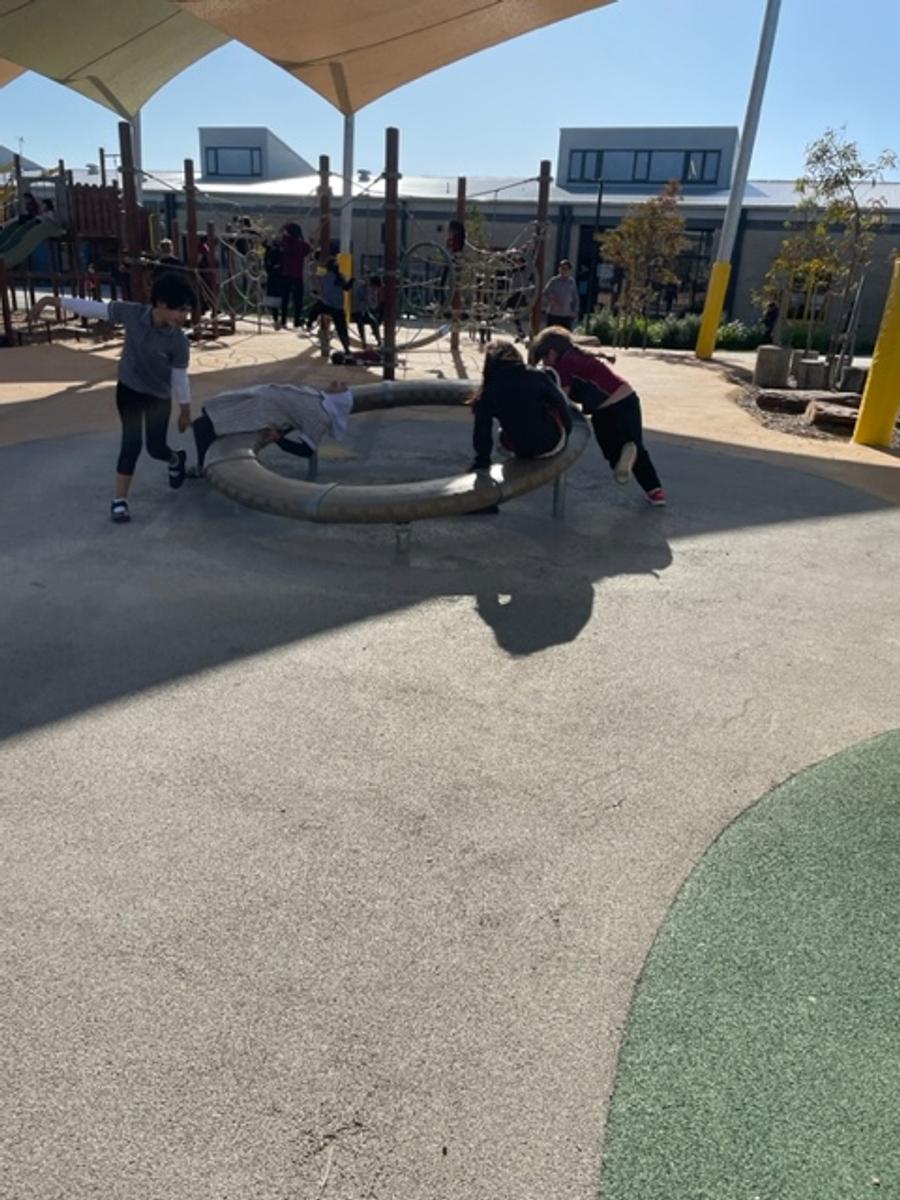
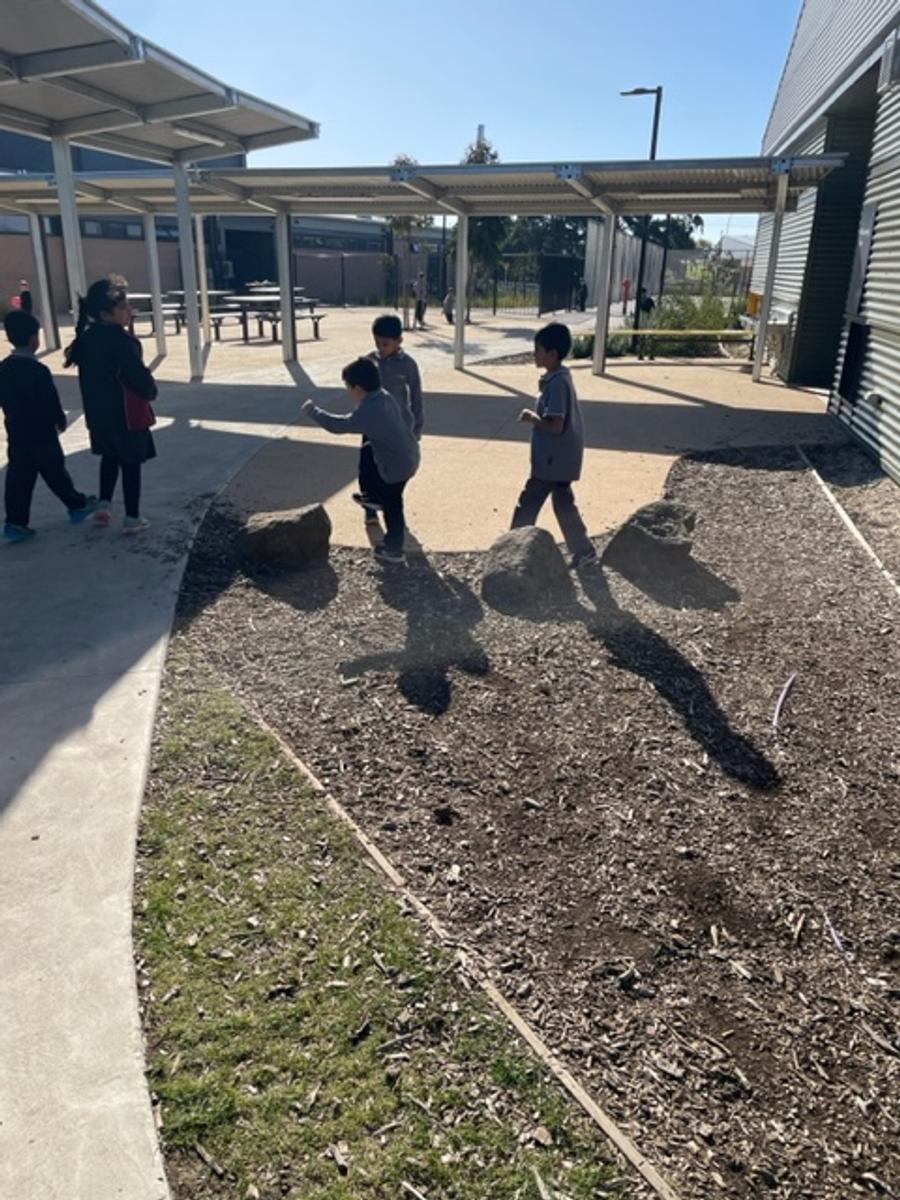
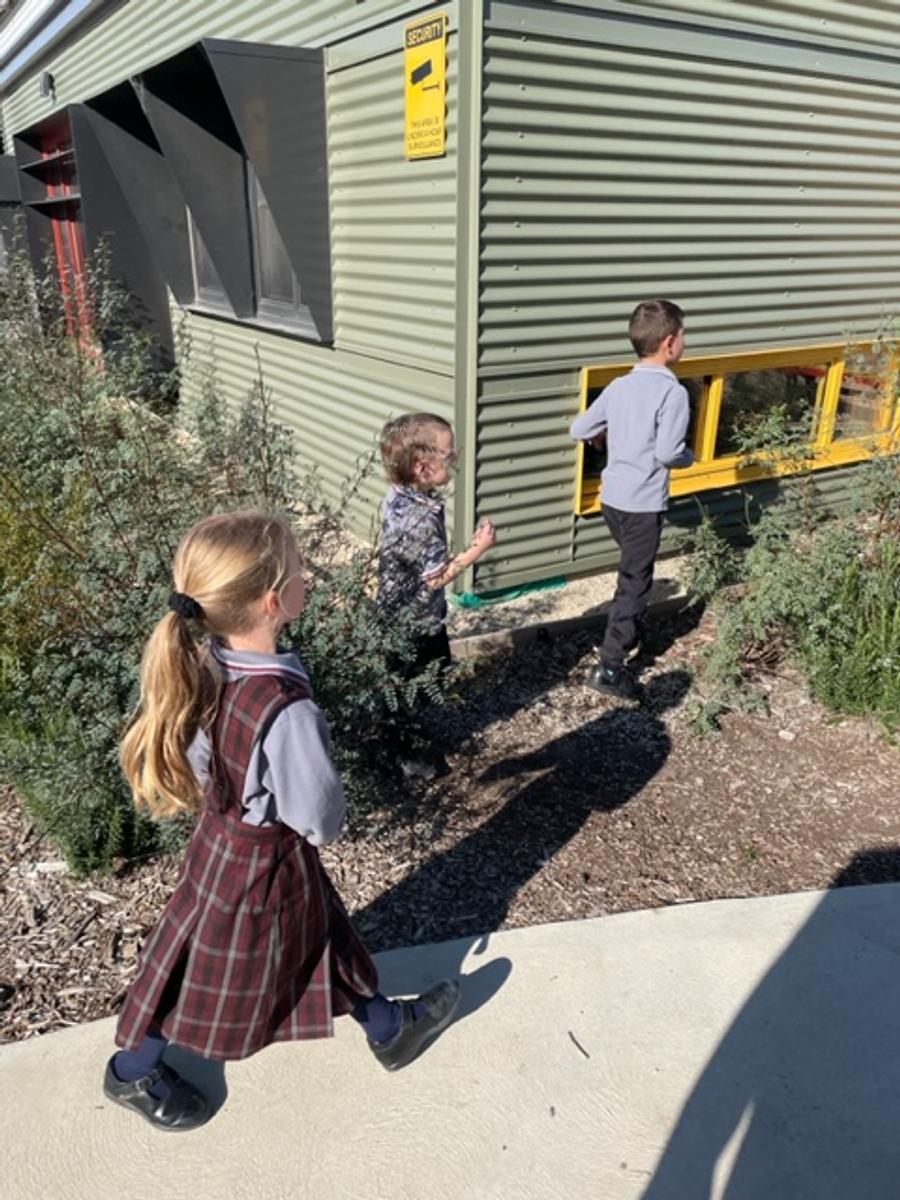



SWPBS at Wollert PS
At Wollert Primary School we are an SWPBS School. SWPBS stands for 'School Wide Positive Behaviour Support' and encompasses how we see our practice when working every day with students. By promoting positivity in the way that we speak to our students and how we use consistent language it helps students to know what is expected of them. We are continuing our SWPBS journey across this year, by developing a group of our teachers to implement different things in the school to help students know what it looks like to follow the Wollert Way. Keep an eye out throughout the year our school next term for some signage that will help this.
Positive Wellbeing as we move into the Colder Months
As well as our health, our overall wellbeing is something that is quite important as we move forward into winter. This includes our disposition and how we feel. Discussing the positive parts of your child's day can have an impact that frames school positively and can support overall wellbeing.
WOMINJEKA from STACEY (Welfare and Inclusion Leader)
CLUBS


This Term we have launched our lunch time clubs. We are always encouraging our students to be curious and explore new ideas and clubs allows students to seek out new interests. Students get the opportunity to learn new skills and interact with peers across the school in different year levels. Clubs can offer a calmer and quite space for students to go to when being outside can seem too much for them. Clubs are supervised by teachers and offer a great opportunity to develop skills such as team building, communication skills and how to manage winning and losing with teacher support. At Wollert we believe students need to be taught the skills to play, through modelling and scaffolding and clubs present a lovely opportunity for this.
The clubs we currently have running include;
We are keen to broaden the horizon and create clubs that are based around our students interests, in fact, we want to develop students that can lead their own clubs. Student Voice is valued at Wollert and If you have a child that has a unique skill or interest that they would like to turn into a club, please encourage them to speak to their Homeroom Teachers, club leaders, Office staff or Wellbeing Team.
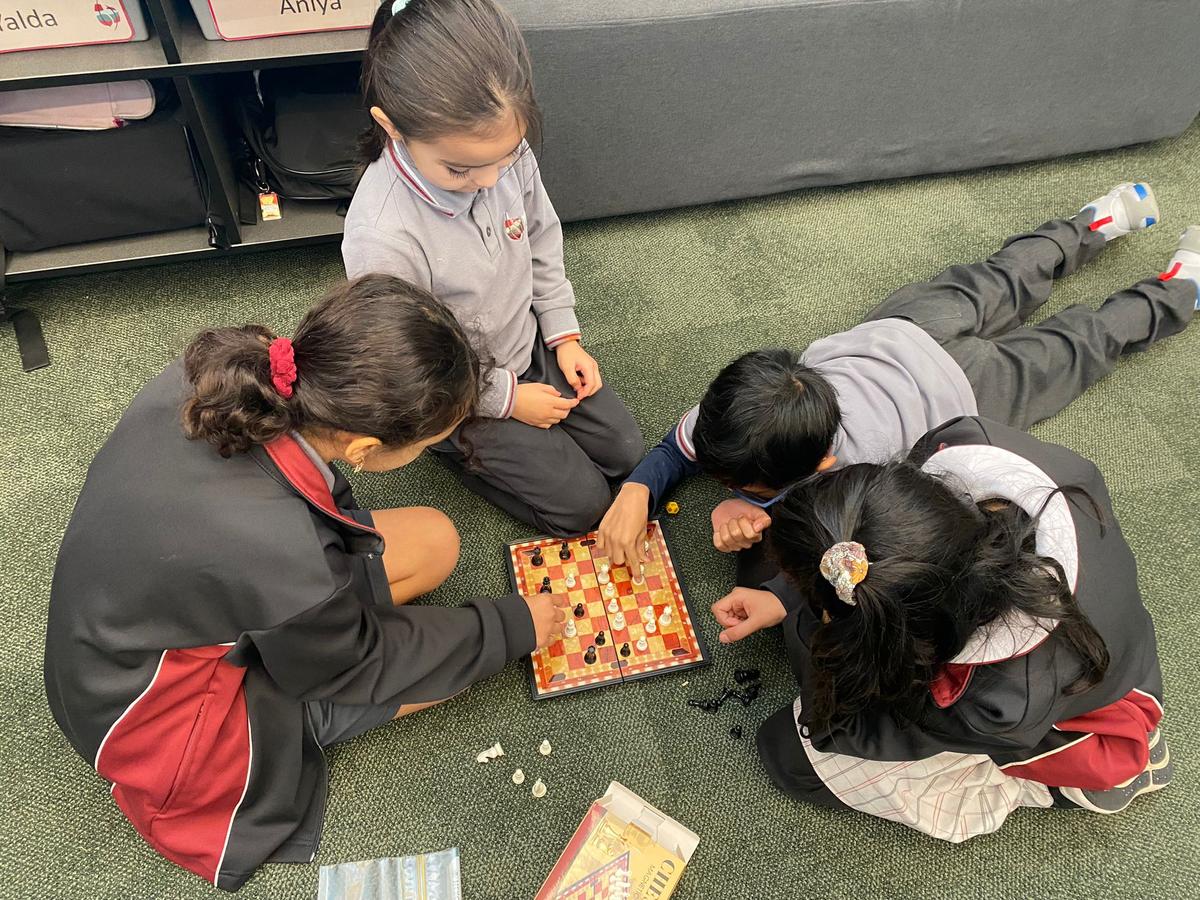
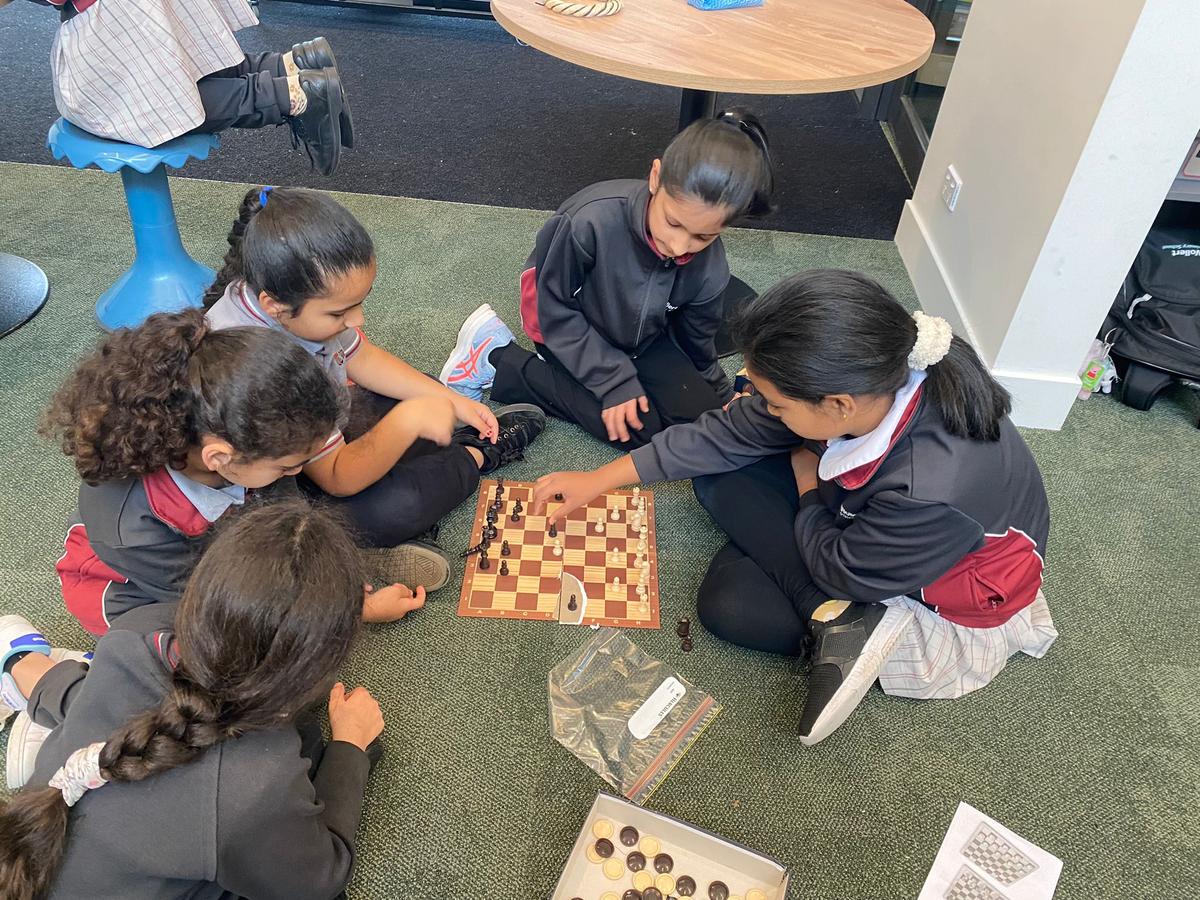


Nationally Consistent Collection of Data (NCCD)
A key focus to the Wellbeing Team this term is collecting data for the "Nationally Consistent Collection of Data (NCCD). The NCCD provides all Australian schools, education authorities and the community with information on the number of students receiving educational adjustments in schools because of disability, and the levels of adjustment that are provided to enable them to participate in education on the same basis as other students. High-level, non-identifying data from the NCCD is used in national reporting to inform policy and program planning to support students with disability.
As a school this data is valuable to supporting our teachers and leadership team in supporting students that require frequent and extensive adjustments.
The data that is being collected includes the student’s:
This data connects to our Disability Inclusion Funding model. Students that receive extensive adjustments in the classroom may be eligible for funding to support their learning. The Collection of this data supports this process.

